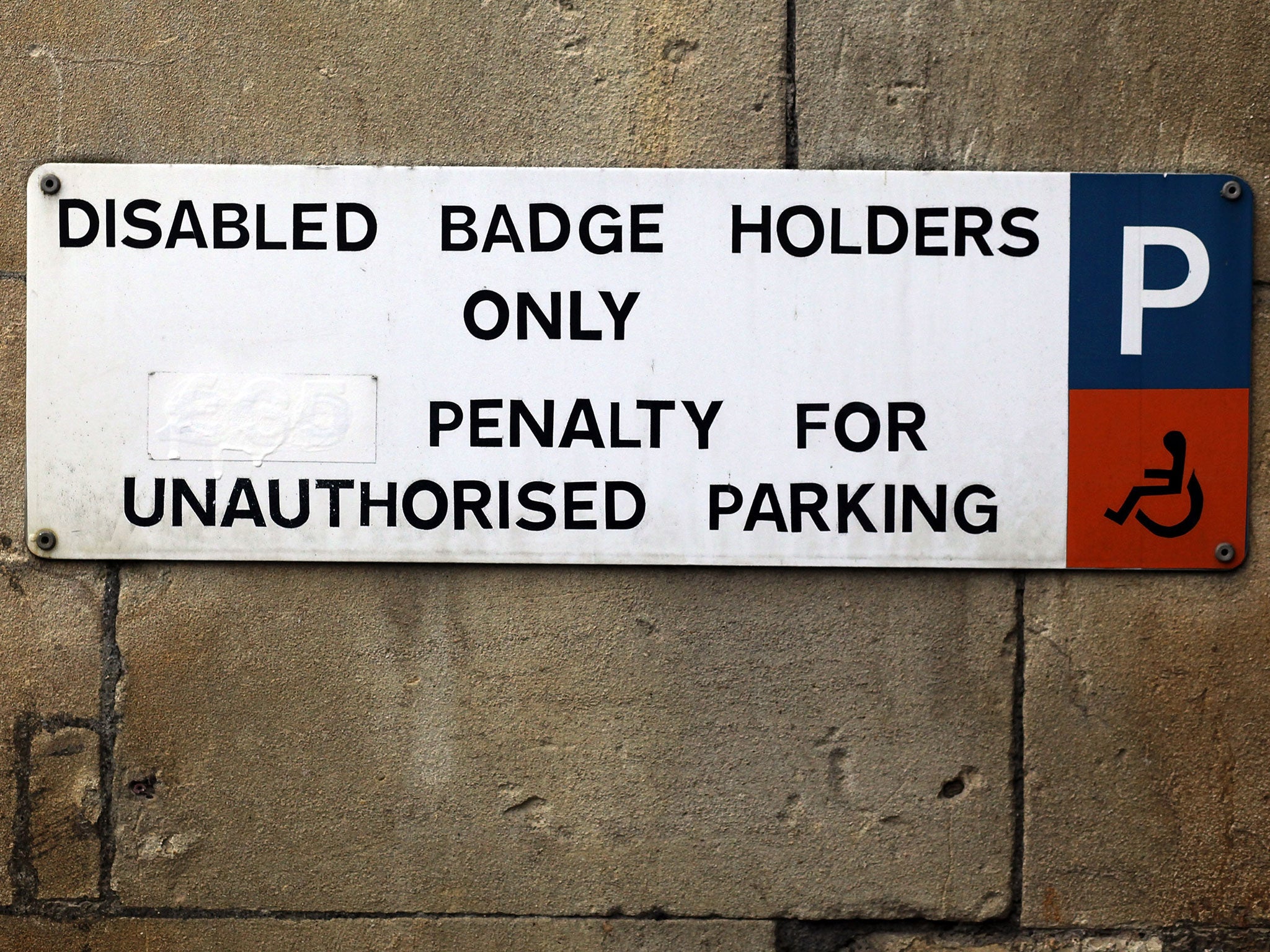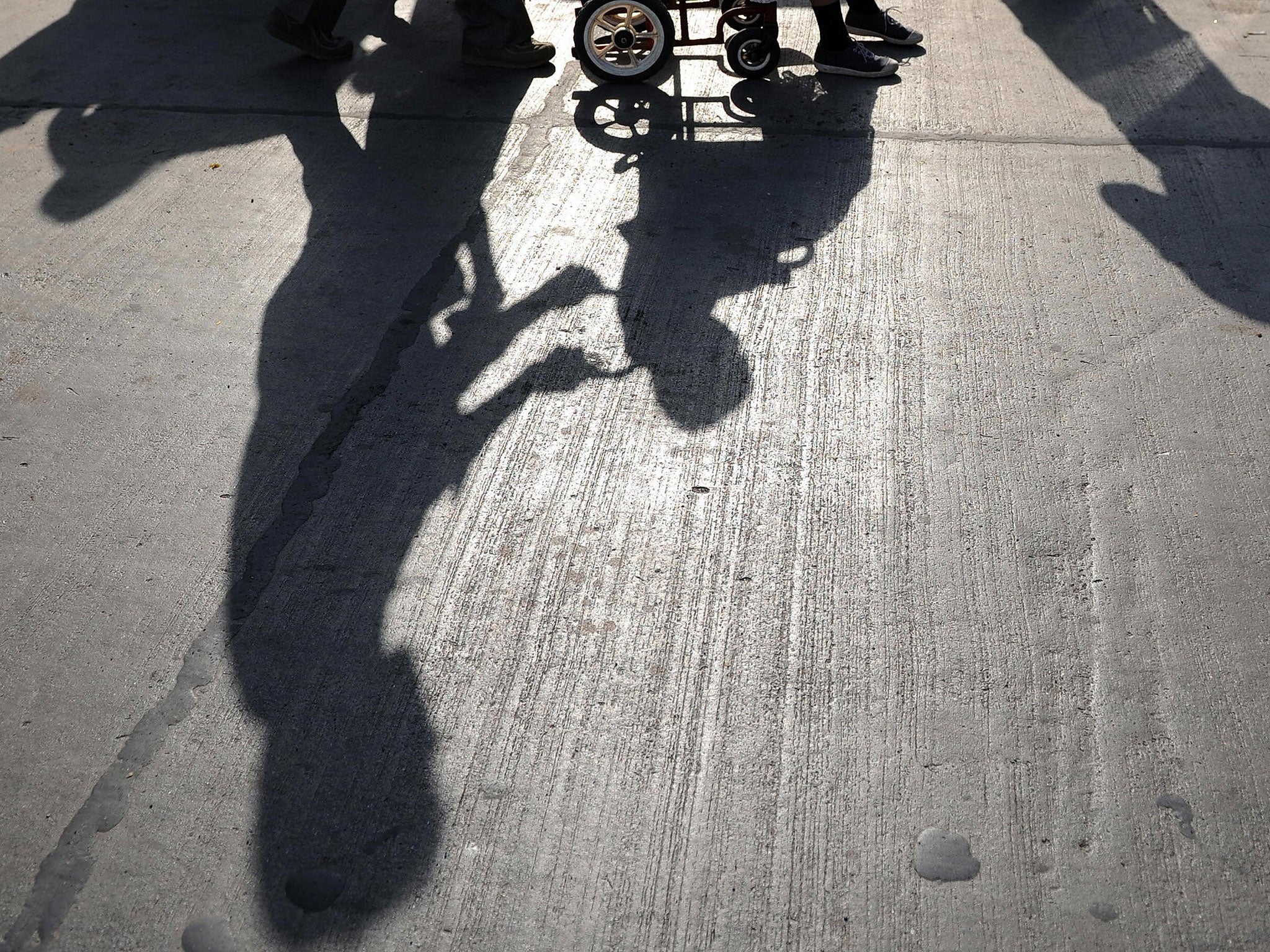Nine in 10 English councils to use special new powers to impose council tax hikes
Though the money raised may not be enough to prevent services deteriorating even further, town leaders warn

Your support helps us to tell the story
From reproductive rights to climate change to Big Tech, The Independent is on the ground when the story is developing. Whether it's investigating the financials of Elon Musk's pro-Trump PAC or producing our latest documentary, 'The A Word', which shines a light on the American women fighting for reproductive rights, we know how important it is to parse out the facts from the messaging.
At such a critical moment in US history, we need reporters on the ground. Your donation allows us to keep sending journalists to speak to both sides of the story.
The Independent is trusted by Americans across the entire political spectrum. And unlike many other quality news outlets, we choose not to lock Americans out of our reporting and analysis with paywalls. We believe quality journalism should be available to everyone, paid for by those who can afford it.
Your support makes all the difference.Nine in 10 English councils are set to use special new powers to impose council tax hikes of up to four per cent this year, raising funds to alleviate a growing crisis in care services for the elderly and disabled.
However, town hall leaders warned taxpayers that the £372m that could be raised may not be enough to prevent services deteriorating even further.
Councils are setting their final budgets for 2016/17 in the coming weeks, in the context of a £2.5bn cut in their central government funding for local services.
To provide some protection for care funding, Chancellor George Osborne included a two per cent “social care precept” in his autumn Spending Review.
Councils already have the power to increase taxes by as much as 1.99 per cent. The precept allows a further two per cent increase, but all of the extra money raised must be spent on social care.
The Local Government Association (LGA) said that 143 of the 152 local authorities in England that provide social care services are either considering or have approved the precept – reflecting widespread recognition that core funding will not be enough to sure-up care services that now support 400,000 fewer elderly and vulnerable compared to 2010, following swingeing cuts to council budgets under the Coalition Government.
The LGA said much of the extra income will be absorbed by the estimated £330m cost imposed by the Government’s new national minimum wage, which will affect many council carers and care home employees.
The Care and Support Alliance, which represents 75 national care charities, said that the Government was asking councils to “achieve the impossible” and urged the Government to “alleviate a degree of the suffering” of elderly care service users by committing to increased central funding.
Councils expect that other services – such as road-works, children’s centres and libraries – could suffer as money is diverted to protect elderly care.
The LGA’s vice chair Nick Forbes said that care services were “at breaking point” leaving councils with “no choice” but to raise council tax.
“Vulnerable members of the community still face an uncertain future next year where the dignified care and support they deserve, such as help getting dressed, fed or getting out and about, remains at risk,” he said.
“Vital social care services will increasingly be unable to help ease the growing pressure on the NHS and the threat of a care home crisis is still very real.”
Mr Forbes said the Government should use next month’s Budget to bring forward £700m of extra funding for council care services – pledged by the end of the decade – so that town halls could put the money to use as soon as this year.
A Government spokesman said that care services should be “an absolute priority” for councils.
“Councils will have almost £200 billion to spend on local services, over the lifetime of this parliament,” the spokesman said. “This means councils can deliver services their residents value, while council tax bills are expected to be lower in real terms by the end of this Parliament than they were in 2010.”

The 'social care precept'
The ‘social care precept’ was introduced by George Osborne to calm growing fears over the council-funded social care system’s ability to meet the needs of an ageing population.
It allows councils to increase council tax by an extra two per cent above their existing powers.
The Government says the precept will raise £2bn by 2020 for social care services – but this estimate has been challenged by the independent King’s Fund think tank which puts the figure at a maximum £800m.
The King’s Fund and LGA also warn that the precept will increase inequality between rich and poor elderly care service users, with wealthier areas able to raise more in council tax than poorer ones.
Join our commenting forum
Join thought-provoking conversations, follow other Independent readers and see their replies
Comments